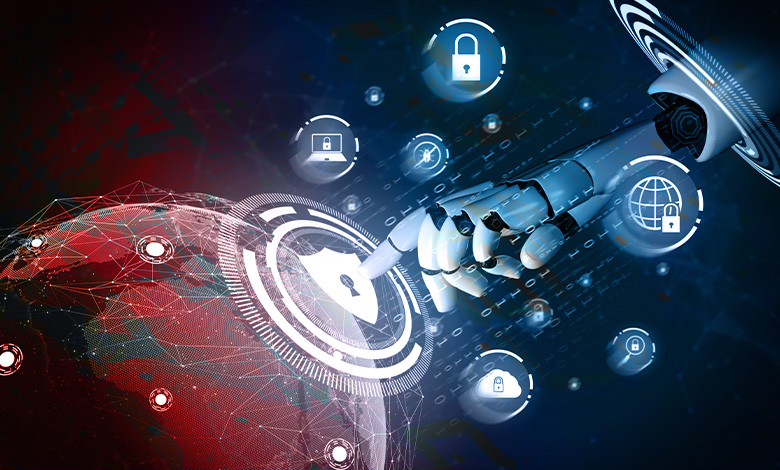1. Strong and Unique Passwords:
- Use strong, unique passwords for your online accounts. A combination of upper and lower case letters, numbers, and special characters is recommended. Consider using a password manager to securely store and generate complex passwords.
2. Two-Factor Authentication (2FA):
- Enable 2FA wherever possible. It adds an extra layer of security by requiring you to provide a second form of authentication, such as a code sent to your phone, in addition to your password.
3. Be Wary of Phishing Attacks:
- Exercise caution when clicking on links or downloading attachments from unsolicited emails or messages. Phishing attacks often impersonate legitimate sources to steal your information.
4. Keep Software and Antivirus Updated:
- Regularly update your operating system, web browsers, and antivirus software. Updates often contain security patches to protect against vulnerabilities.
5. Use Secure Wi-Fi Networks:
- Avoid using public Wi-Fi networks for sensitive tasks, such as online banking, unless you're connected via a VPN (Virtual Private Network). Public Wi-Fi networks can be less secure and susceptible to eavesdropping.
6. Privacy Settings:
- Review and adjust the privacy settings on your social media accounts, apps, and online services. Limit the information you share and who can see it.
7. Data Encryption:
- Ensure websites you visit use HTTPS (HyperText Transfer Protocol Secure) encryption. Look for the padlock icon in your browser's address bar to confirm the site's security.
8. Be Cautious with Personal Information:
- Avoid oversharing personal information on social media, forums, or other websites. Cybercriminals can use such information to steal your identity.
9. Public Computers and Devices:
- Be cautious when using public computers or shared devices. Always log out of accounts and avoid saving passwords.
10. Regularly Back Up Data: - Back up important files and data to an external hard drive or cloud storage service. In case of a cyberattack or hardware failure, you won't lose your essential information.
11. Educate Yourself: - Stay informed about common online threats, such as phishing, malware, and ransomware. Knowledge is your best defense.
12. Avoid Torrents and Illicit Downloads: - Downloading copyrighted content from unverified sources can expose you to malware and legal issues. Stick to legal streaming and downloading services.
13. Safe Online Shopping: - When shopping online, use reputable websites and ensure they have secure payment options. Look for the padlock symbol and "https" in the URL.
14. Protect Personal Devices: - Use device-specific security features like biometrics (fingerprint or face recognition) and device encryption to secure your smartphone and computer.
15. Report Suspicious Activity: - If you encounter any suspicious online activity or believe your information has been compromised, report it to the relevant authorities or website administrators.
16. Regularly Review Accounts: - Periodically review your online accounts and financial statements to identify any unauthorized activity.
Internet safety and privacy are ongoing concerns. By following these tips and staying vigilant, you can minimize the risks associated with online threats and protect your personal information.




Comments (0)